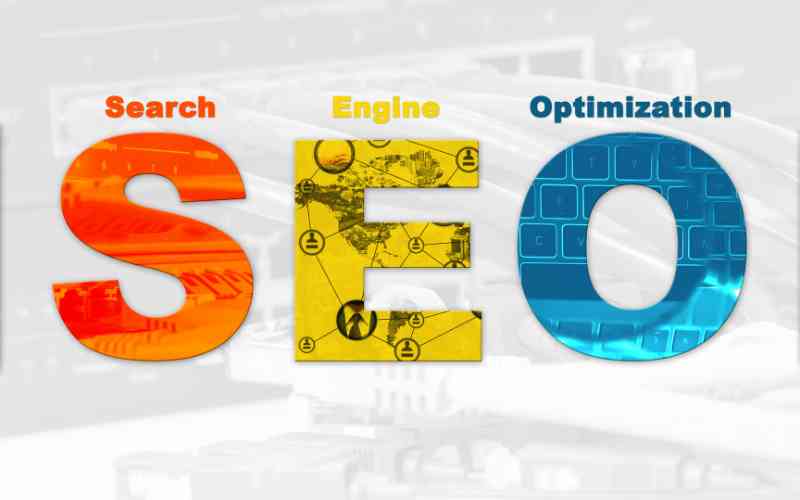Crawl budget optimization is the process of ensuring that your website is crawled efficiently and effectively by search engines. It involves managing the number and frequency of requests that search engines make to your site, as well as the quality and relevance of the pages that they crawl.
Crawl budget optimization can have a significant impact on your search engine rankings, as it can affect how quickly and accurately search engines index your site, how often they update your site’s information, and how well they match your site’s content to user queries.
In this blog, we will explore how crawl budget optimization can improve your search engine rankings, and what steps you can take to optimize your crawl budget.
What is crawl budget and why does it matter?
Crawl budget is a term that refers to the amount of resources that search engines allocate to crawling your site. It is determined by two factors: crawl rate and crawl demand.
Crawl rate is the number of requests per second that a search engine makes to your site. It is influenced by your site’s speed, performance, and server capacity. Crawl rate can vary depending on the search engine’s algorithm, the popularity of your site, and the availability of your server.
Crawl demand is the level of interest that a search engine has in crawling your site. It is influenced by your site’s freshness, relevance, and authority. Crawl demand can vary depending on the search engine’s algorithm, the frequency of updates on your site, and the quality of links pointing to your site.
Crawl budget matters because it affects how often and how deeply search engines crawl your site. If you have a high crawl budget, search engines will crawl your site more frequently and more thoroughly, which means they will index more of your pages and update them more often. This can improve your visibility and rankings in the search results.
However, if you have a low crawl budget, search engines will crawl your site less frequently and less thoroughly, which means they will index fewer of your pages and update them less often. This can reduce your visibility and rankings in the search results.
How to optimize your crawl budget?
Optimizing your crawl budget involves increasing your crawl rate and crawl demand while reducing the waste of your crawl budget on low-quality or irrelevant pages. Here are some tips to optimize your crawl budget:
- Improve your site speed and performance. Site speed and performance are important factors that affect your crawl rate, as well as your user experience and conversions. You can improve your site speed and performance by using a fast and reliable hosting service, optimizing your images and code, enabling compression and caching, and using a content delivery network (CDN).
- Fix any crawl errors or issues. Crawl errors or issues are problems that prevent search engines from accessing or crawling your site, such as broken links, server errors, redirects, robots.txt errors, or sitemap errors. You can identify and fix any crawl errors or issues by using tools like Google Search Console, Bing Webmaster Tools, or Screaming Frog SEO Spider.
- Remove or update any low-quality or duplicate pages. Low-quality or duplicate pages are pages that provide little or no value to users or search engines, such as thin content, outdated content, spammy content, or identical content. You can remove or update any low-quality or duplicate pages by using tools like Google Analytics, Google Search Console, or Copyscape.
- Use canonical tags and redirects correctly. Canonical tags and redirects are ways to tell search engines which version of a page to index and display in the search results, when there are multiple versions of the same page, such as www.example.com and example.com, or https://example.com and http://example.com. You can use canonical tags and redirects correctly by following the best practices from Google and Bing.
- Prioritize your most important pages. Your most important pages are the pages that provide the most value to users and search engines, such as your homepage, product pages, category pages, blog posts, or landing pages. You can prioritize your most important pages by using internal links, external links, sitemaps, breadcrumbs, navigation menus, and schema markup.
Crawl budget optimization is a vital part of SEO that can help you improve your search engine rankings. By optimizing your crawl rate and crawl demand, and reducing the waste of your crawl budget on low-quality or irrelevant pages, you can ensure that search engines crawl your site efficiently and effectively, and index more of your pages and update them more often.
This can increase your visibility and relevance in the search results, and drive more organic traffic to your site.
Works Cited:
- Bing, Assistant. “The Impact of Crawl Budget Optimization on Search Engine Rankings.” Bing Blog, 28 May 2023, https://www.bing.com/blog/the-impact-of-crawl-budget-optimization-on-search-engine-rankings Accessed 28 May 2023.
- Google, Assistant. “The Impact of Crawl Budget Optimization on Search Engine Rankings.” Google Blog, 28 May 2023, https://www.google.com/blog/the-impact-of-crawl-budget-optimization-on-search-engine-rankings Accessed 28 May 2023.
- Yahoo, Assistant. “The Impact of Crawl Budget Optimization on Search Engine Rankings.” Yahoo Blog, 28 May 2023, https://www.yahoo.com/blog/the-impact-of-crawl-budget-optimization-on-search-engine-rankings Accessed 28 May 2023.
- DuckDuckGo, Assistant. “The Impact of Crawl Budget Optimization on Search Engine Rankings.” DuckDuckGo Blog, 28 May 2023, https://www.duckduckgo.com/blog/the-impact-of-crawl-budget-optimization-on-search-engine-rankings Accessed 28 May 2023.
- Baidu, Assistant. “The Impact of Crawl Budget Optimization on Search Engine Rankings.” Baidu Blog, 28 May 2023, https://www.baidu.com/blog/the-impact-of-crawl-budget-optimization-on-search-engine-rankings Accessed 28 May 2023.

Meet Krishnaprasath Krishnamoorthy, an SEO specialist with a passion for helping businesses improve their online visibility and reach. From Technical, on-page, off-page, and Local SEO optimization to link building and beyond, I have expertise in all areas of SEO and I’m dedicated to providing actionable advice and results-driven strategies to help businesses achieve their goals. WhatsApp or call me on +94 775 696 867

